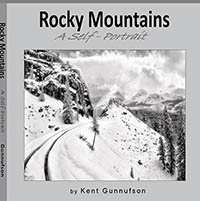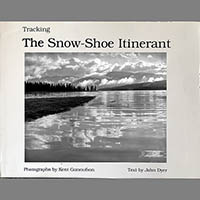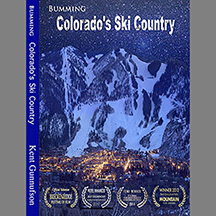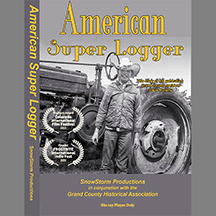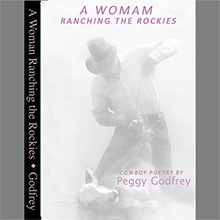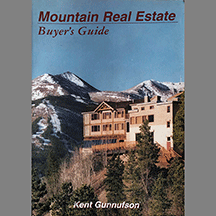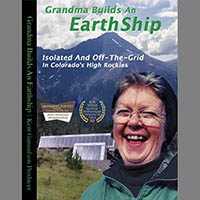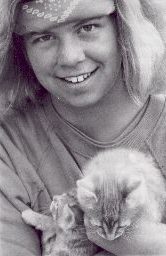
Melissa moved with us up to Breckenridge when she was a toddler. I got her on skis before she turned three years old. She began talking at an early age and would turn the heads of many a passerby, when they heard this two year old talking like a preschooler. She has always been responsible. Once, when she was three, I took her with me to mail a package, and I remember her reminding me that I had forgotten the package. Since then, my daughter grew into an assertive and special person.
As she grew up, animals were important to her. She decided to train our fourteen-year-old poodle/lab mix family pet. We tried to explain the proverbial “you can’t train an old dog to do new tricks.” She wouldn’t listen and entered Moony anyway. We all watched Melissa capture grand champion with the grandmother of dogs. The second year, Moony had a serious injury to her paw. Melissa entered her anyway and astoundingly won again even with Moony’s obvious limp.
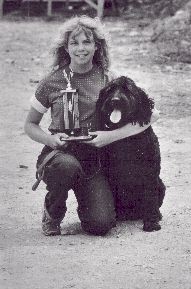
Melissa talks about some of her more memorable experiences while employed at the Breckenridge Stables when she was fifteen years of age.
“Well, I get up about four-thirty in the morning. Get up and put all the horses in a little pen. And then, you put all the halters on them. And then, you take them all out and give them grain. Then you brush them and saddle them. Then you take them out and bring more in and start over. Then you bring all the horses out for the breakfast ride. The horses have to be ready by six-thirty. Then, there’s the ten
o’clock ride, eleven o’clock ride, the twelve o’clock ride, one o’clock ride and just keep going until four or five o’clock. That is unless we don’t have a dinner ride. Then we don’t get back until eight or something like that. Then, we have to unsaddle them and put the saddles in the right racks. We feed them again and gain them. Then, we have to take about twenty bales of hay with the truck and fill all the hay bins. It’s such a drag. Then, you turn all the horses out. Then, I come back here and answer the phone until nine o’clock. It’s pretty much a fun job.
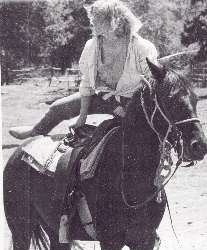
However, there are days that have been real exhausting. For instance, one day there must have been about forty-five people or so on a ride with Beth, Sheril, and me. It looked like it was going to rain, but we had to continue the ride anyway. We get up there and cook all these steaks, and we get everything prepared for all these people. Of course, I don’t have a coat and I’m setting there in the rain. My hair is plastered to my face. I looked like a drowned rat. We’re sitting there with these baked beans, the corn and potatoes and no one would eat it. So this one lady, that drove up for the dinner, took all her friends back. When they got to their cars, they climbed in and headed down the mountain. We were left with forty-five horses and no riders. We really didn’t know what to do at that point. So, for a lack of a better plan, Chyrel and I ate all the food. We had steak and lots of pie.
“But there’s still the problem of the horses. So then, Laurie (the owner) calls the police and has them block off Boreas Pass Road from above Wakefield to all the way down to the bottom, right. Then, we herd these horses down Boreas Pass in the rain. Totally slippery, you know. Every time I let my horse run, she would turn her body and her legs would slide off the road. It really scared me when she did that. My horse wanted to run and I was trying to hold her back to a trot. When I had to stop for the blockade, a car got behind my horse, she about freaked out, you know. I didn’t get bucked off, I just sort of rolled off. It wasn’t even that, I was sort of tipped off.
“Well, maybe it could be better described as her jumping and me losing my balance. So in any event, I fell. The lady behind me was all upset and I got a ride down. Shirley was behind me and she never showed up. She also got thrown. Everything was just a big mess.
“Then, we had to take care of the horses, which was nothing new, but this day was really long. We took the saddles off while in knee deep mud all the time. Then we have unsaddled them and put the saddles in the right racks. We feed them again and gain them. Then we have to take about twenty bales of hay with the truck and fill all the hay bins, it was such a drag. Then we turned all the horses out. So, after the last horse has been taken care of, then I get to go home. I realize that we don’t get paid much, maybe fifteen dollars a day, but I was just glad to have a job and be working at the stables.”
###
Melissa graduated from Colorado State University with a degree in Environmental Resource Management. After graduating, she has worked at Sun Valley, Keystone and was ticket manager for Arapahoe Basin for four years. She currently the office manager at the Breckenridge Outdoor Education Center.
